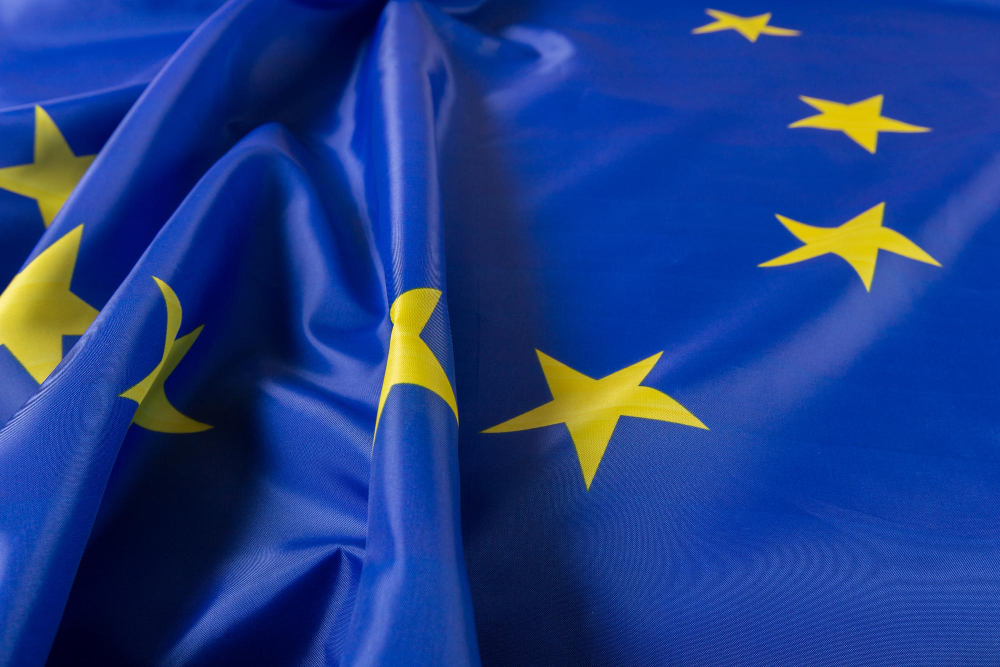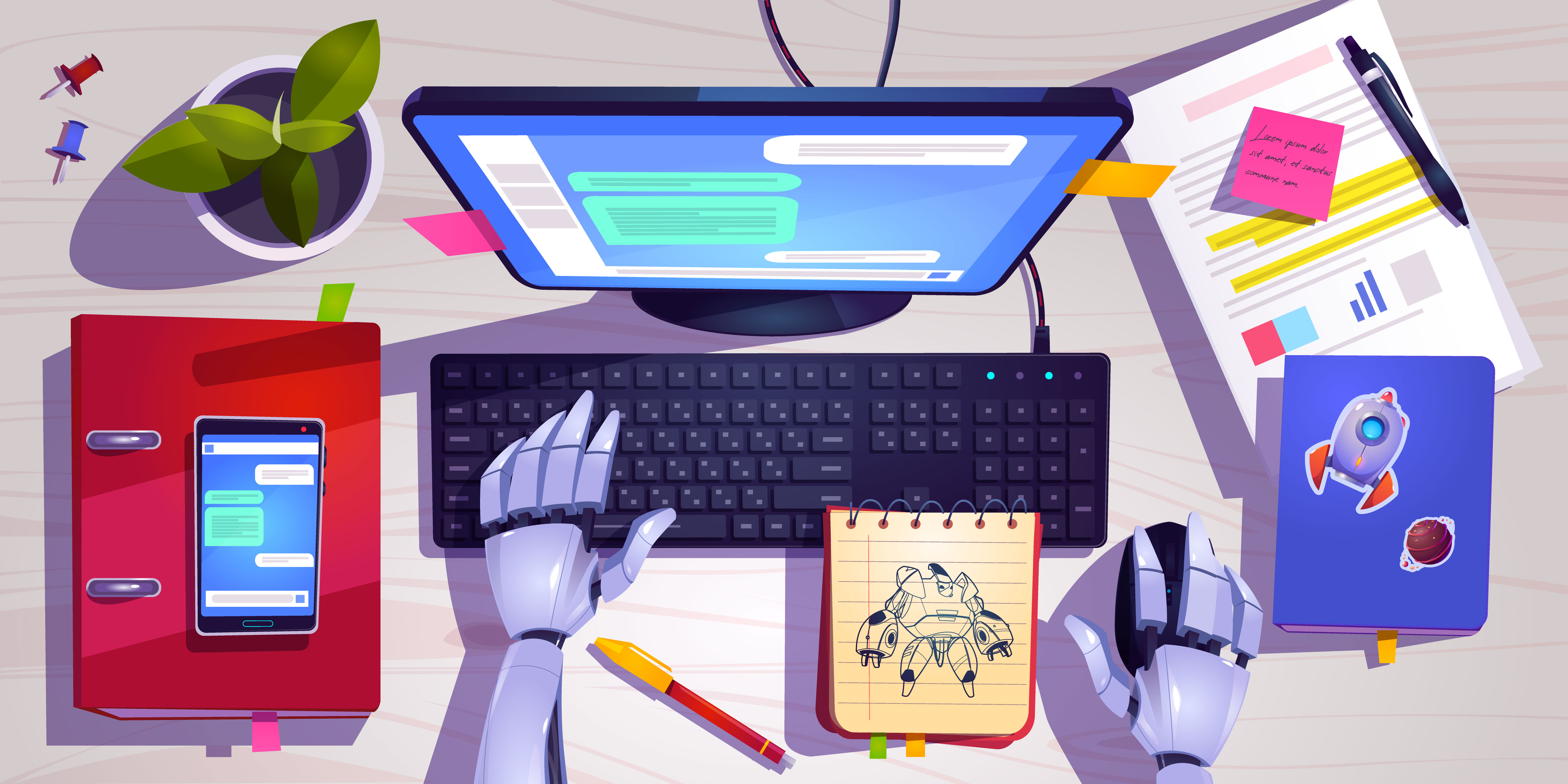Germany’s coalition government is weighing new restrictions on children’s access to social media as both governing parties draft proposals to tighten online safeguards. The debate comes amid broader economic pressures, with industry reporting significant job losses last year.
The conservative bloc and the centre-left Social Democrats are examining measures that could curb or block social media access for minors. Proposals under discussion include age-based restrictions and stronger platform accountability.
The Social Democrats in Germany have proposed banning access for children under 14 and introducing dedicated youth versions of platforms for users aged 14 to 16. Supporters argue that clearer age thresholds could reduce exposure to harmful content and addictive design features.
The discussions align with a growing European trend toward stricter digital child protection rules. Several governments are exploring tougher age verification and content moderation standards, reflecting mounting concerns over online safety and mental health.
The policy debate unfolded as German industry reported cutting 124,100 jobs in 2025 amid ongoing economic headwinds. Lawmakers face the dual challenge of safeguarding younger users while navigating wider structural pressures affecting Europe’s largest economy.
Would you like to learn more about AI, tech, and digital diplomacy? If so, ask our Diplo chatbot!










